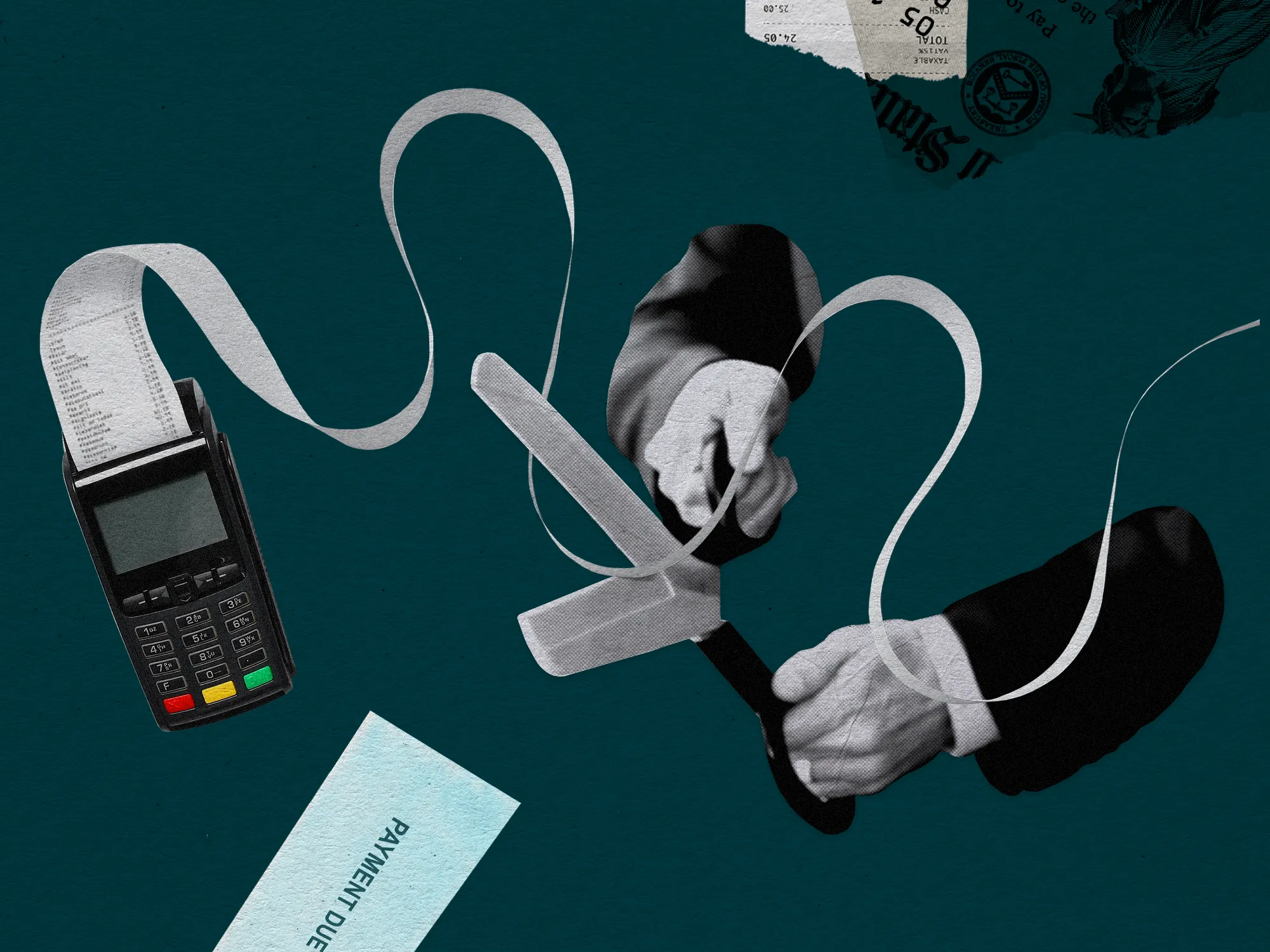Federal Reserve Cuts Interest Rates: What It Means for the Economy and Markets

The Federal Reserve's Decision on Interest Rates
The nation’s central bank has instituted a significant interest rate cut, marking the first decrease in over four years. The Federal Open Market Committee announced a cut of 50 basis points, a pivotal shift that signals the Fed's commitment to stimulating the economy amid recovering from the pandemic.
Implications for Consumers
While this rate cut is a positive step, the reality is many Americans may not experience immediate benefits. The lag associated with monetary policy implementation means consumers could wait months before feeling the effects on their credit cards, car loans, and mortgages. Furthermore, interest rates for personal loans can be influenced indirectly by the Fed's actions, emphasizing that patience is essential.
Economic Policy Adjustments
- The Fed's latest decision is a response to ongoing inflationary pressures.
- Experts and lawmakers had been advocating for lower rates to bring economic relief.
- Jerome Powell, the Fed Chairman, emphasizes cautious optimism regarding inflation trends.
Looking Ahead: Markets and Household Financial Strategies
As the markets react to this alteration in monetary policy, individuals should monitor their financial strategies to adapt to possible fluctuations. Understanding how these changes can affect personal finances is critical to making informed decisions in the months ahead. As always, being proactive in managing debt during these shifts can greatly impact long-term financial health.
This article was prepared using information from open sources in accordance with the principles of Ethical Policy. The editorial team is not responsible for absolute accuracy, as it relies on data from the sources referenced.